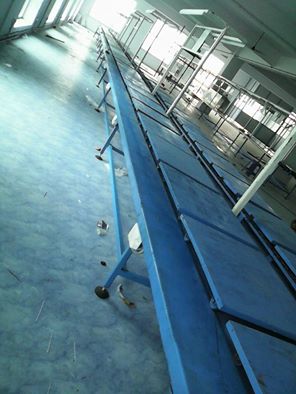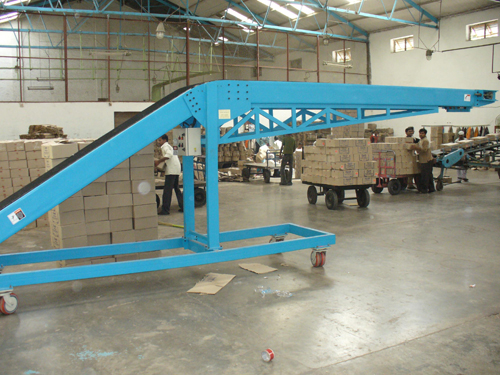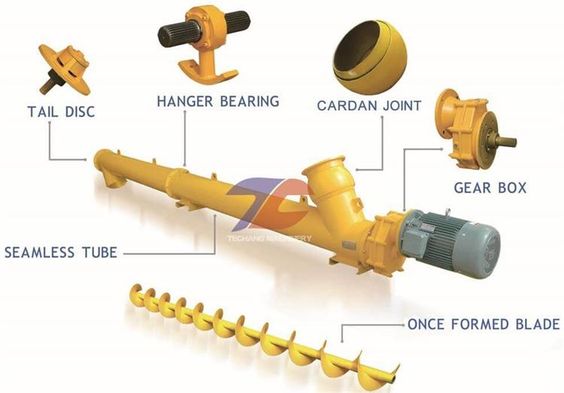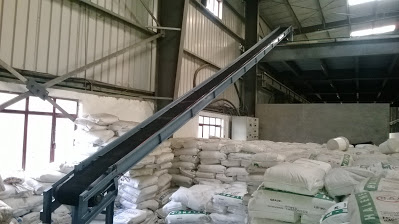Belt Conveyors-Major Uses and Applications
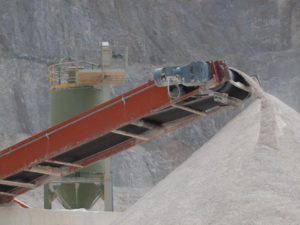
Belt Conveyors – Major Uses and Applications (Ultimate Guide)
Introduction
When it comes to moving goods efficiently, belt conveyors remain one of the most widely used and cost-effective solutions in the world of material handling. From transporting bulk commodities like coal and ore to carefully handling fragile food products, belt conveyors play a vital role across multiple industries. In this guide, you’ll learn about the major uses and applications of belt conveyors, their role in different industries, and how choosing the right system can dramatically increase productivity while cutting costs.
Why Belt Conveyors Are the Solution
Belt conveyors offer an automated, reliable, and scalable way to transport materials. They solve key problems by:
- Reducing labor dependency
- Ensuring consistent material flow
- Improving workplace safety
- Handling bulk and fragile items with ease
-
Lowering long-term operating costs
Major Uses of Belt Conveyors - In Manufacturing Plants
Belt conveyors streamline assembly lines, move components between stations, and handle finished products for packaging and shipping.
- In Food Processing
Equipped with hygienic, food-grade belts, these conveyors ensure safe transport of fruits, vegetables, baked goods, and packaged food products.
- In Mining and Quarrying
Heavy-duty belt conveyors move coal, minerals, stones, and ores over long distances efficiently and safely.
- In Warehousing and Logistics
Essential for truck loading/unloading, order picking, and sorting, conveyors improve speed and reduce manual errors.
- In Agriculture
Used for handling grains, seeds, potatoes, and other crops—improving efficiency in farms and storage silos.
- In Recycling & Waste Management
Conveyors sort, transport, and process recyclable materials, reducing landfill dependency and supporting sustainability.
Key Factors to Consider Before Choosing a Belt Conveyor
When selecting a belt conveyor system, businesses should evaluate:
- Type of material handled (bulk, fragile, food-grade, etc.)
- Conveyor length and incline requirements
- Speed and throughput capacity
- Durability and maintenance needs Automation compatibility
👉 Pro Tip: Look for conveyors with variable speed drives to optimize material flow and reduce energy consumption. Neo Conveyors, for instance, specializes in designing custom conveyors with automation-ready features.
Neo Conveyors – How We Help Industries
At Neo Conveyors, we design, manufacture, and install custom belt conveyor systems that improve efficiency, safety, and cost savings for businesses across food processing, mining, agriculture, packaging, warehousing, and industrial automation.
Conclusion
Belt conveyors are the backbone of efficient bulk material handling across industries. By improving productivity, reducing costs, and enhancing safety, they empower businesses to scale and compete in today’s fast-paced markets.
Ready to choose the right conveyor system? Download our free checklist and take the first step toward smarter, more efficient material handling.
📞 Visit: www.neoconveyors.com | 📧 sales@neoconveyors.com | 📱 +91-9654112235

